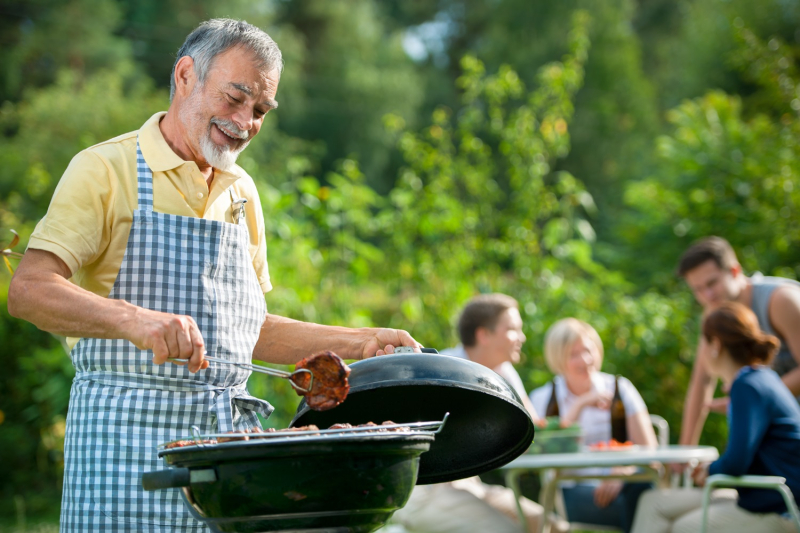Caution urged around flames this long weekend

Burns experts at The Alfred are asking the community to be vigilant around fires this Australia Day long weekend.
Dr Heather Cleland, director of the Burns Unit, is alarmed at the recent increase in patients she sees with life-threatening injuries as a result of serious burns.
“One of the reasons for the increase is complacency around flames. If people aren’t paying attention to their campfire, bonfire, or BBQ then accidents can and do happen in the blink of an eye,” Dr Cleland said.
“Using accelerants, like petrol or kerosene, to get your fire started or to make it bigger, can lead to serious burns that require multiple surgeries, weeks in hospital, months of rehabilitation and time off work. And that’s for those who survive.”
Long weekends and summer months are popular times for camping and gatherings that involve BBQs, fires and alcohol.
“Drinking alcohol around fire increases the risk of serious injury as judgment can be impaired. It’s an important time to be alert,” Dr Cleland said.
Nearly half of the patients admitted to The Alfred with serious burns over the past five years were using accelerants at the time of their injuries.
“Vapour from fuel can ignite and engulf bystanders in a fireball that causes major burns, so never leave fuel containers close to open fires,” Dr Cleland said.
“Another common cause of injury is faulty or old BBQs that have leaking gas, which can lead to an explosion.”
The Victorian Adult Burns Service at The Alfred is the only statewide provider of care for adults with complex major burn injuries, as well as many people with less severe burns.
In the year July 2016 to June 2017, The Alfred cared for more than 330 people with serious burn injuries, a jump from 280 in the previous year.
The majority of patients are men, and most are under 50 years old.
“Their lives, and the lives of family members, can be changed forever,” Dr Cleland said.


